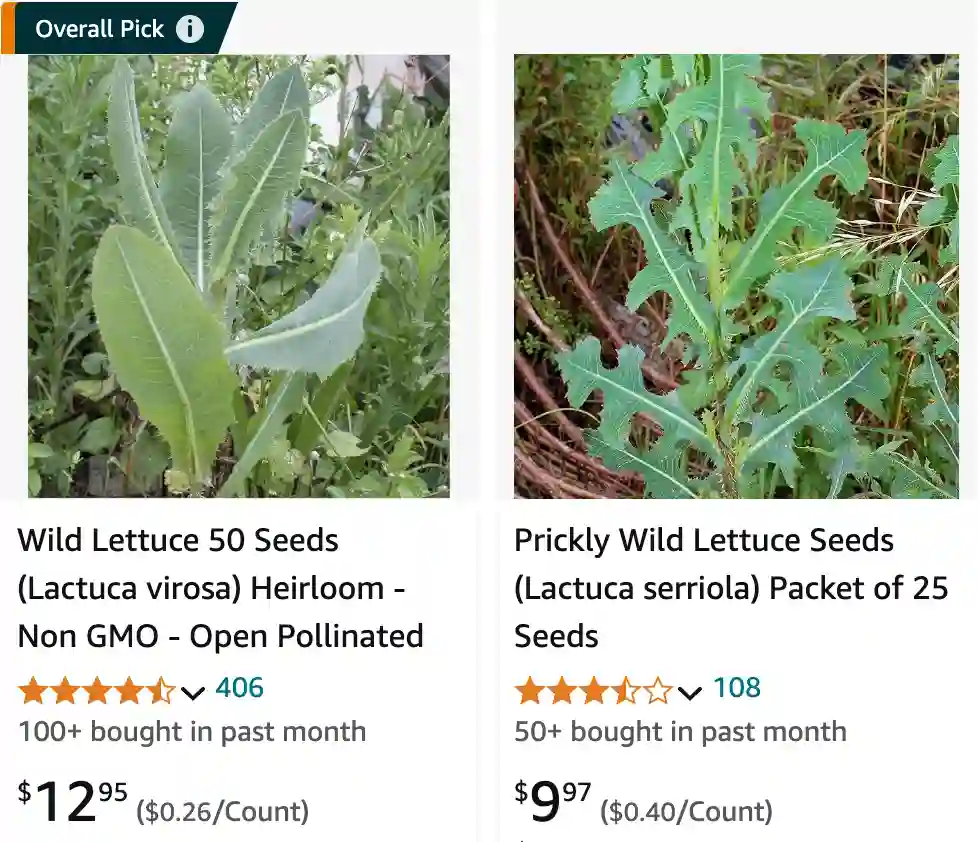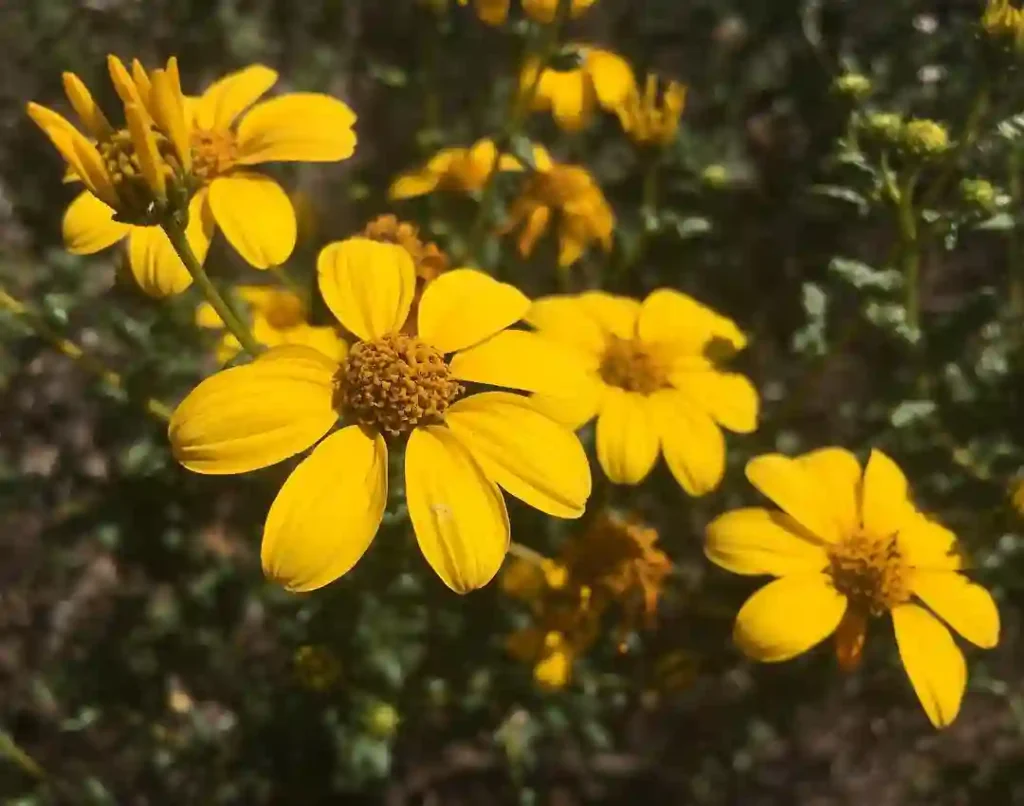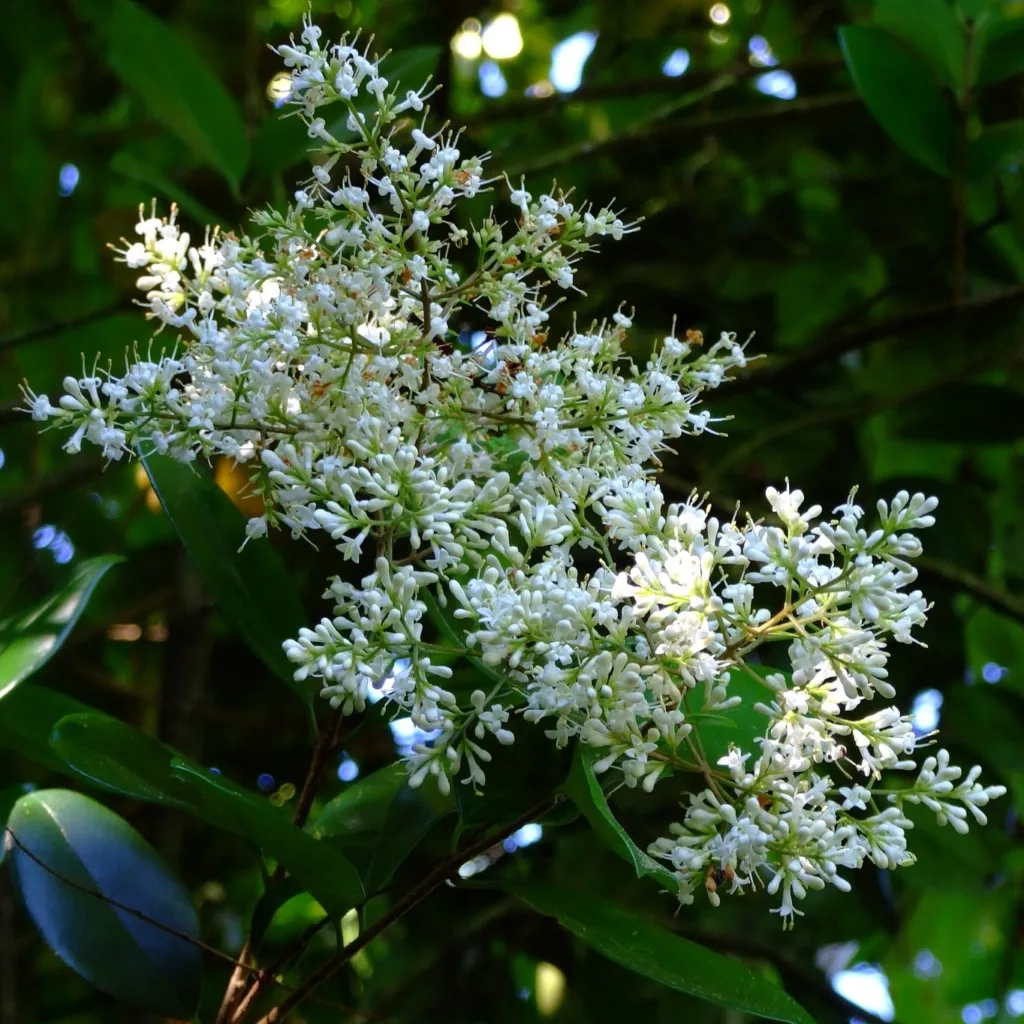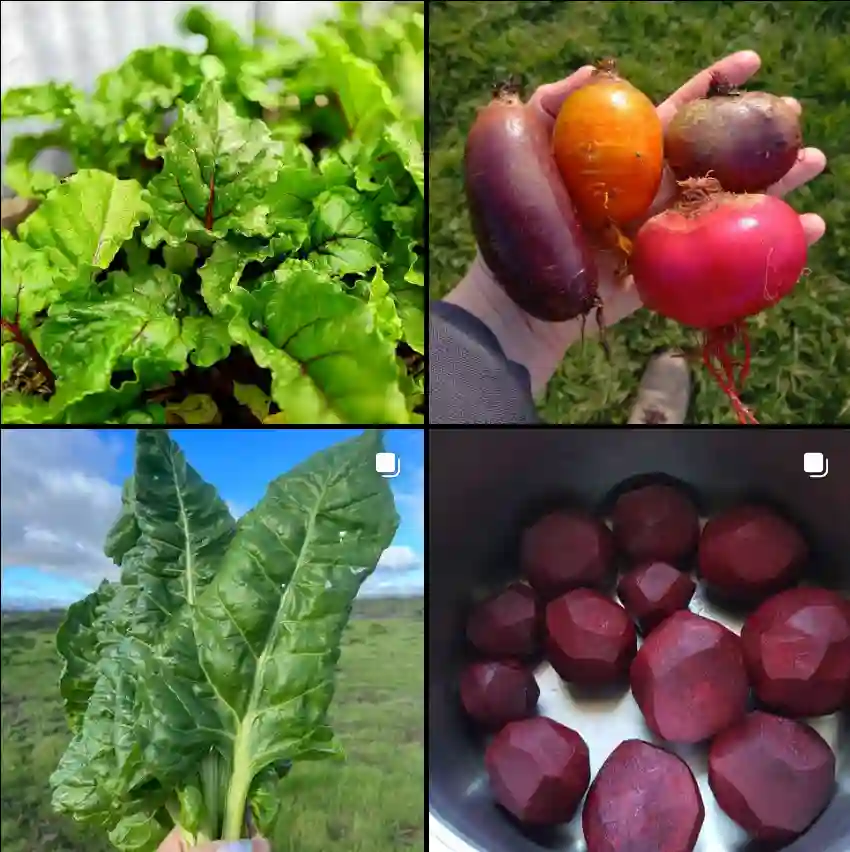
July 30 – Lactuca
"Lactuca, the lettuce plant, represents July 30."
Lactuca symbolizes simplicity and nourishment. You bring a calming presence and essential support to those around you. Like its tender leaves, you provide comfort, balance, and sustenance to the lives you touch.
Lactuca: More Than Just Lettuce
I’ve always been fascinated by the diversity of the natural world, especially when it comes to plants. One genus that has particularly caught my attention is Lactuca, more commonly known as lettuce. While most people associate the word “lettuce” with the crisp green leaves found in salads, the genus Lactuca encompasses a surprising variety of species, each with its own unique characteristics and uses.
A Diverse Genus
Lactuca belongs to the Asteraceae family, which also includes sunflowers, daisies, and dandelions. It’s a large genus, with over 100 recognized species distributed across the globe, primarily in temperate regions of Eurasia. These species range from annuals and biennials to perennials and even shrubs. They exhibit a wide array of forms, with flower heads boasting vibrant colors like yellow, blue, or white.
Some Lactuca species, like Lactuca sativa, are cultivated for their edible leaves and have become staples in our diets. Others, however, are considered weeds, often found growing wild in fields and along roadsides. Despite their differences, all Lactuca species share a common trait: they produce a milky sap, or latex, which is characteristic of the Asteraceae family.
Beyond the Salad Bowl
While Lactuca sativa is undoubtedly the most well-known member of the genus, many other species deserve recognition. Here are:
- Lactuca acanthifolia (Willd.) Boiss.
- Lactuca aculeata Boiss.
- Lactuca alaica Kovalevsk.
- Lactuca alpestris (Gand.) Rech.f.
- Lactuca amaurophyton (Podlech & Rech.f.) N.Kilian
- Lactuca ambacensis (Hiern) C.Jeffrey
- Lactuca anatolica Behçet & Yapar
- Lactuca attenuata Stebbins
- Lactuca azerbaijanica Rech.f.
- Lactuca bandyopadhyana Kottaim.
- Lactuca biennis (Moench) Fernald
- Lactuca birjandica Mozaff.
- Lactuca brachyrrhyncha Greenm.
- Lactuca calophylla C.Jeffrey
- Lactuca canadensis L. – Plant FAQs: Canada Wild Lettuce – Lactuca Canadensis
- Lactuca chitralensis (Tuisl) Ghafoor, Qaiser & Roohi Bano
- Lactuca cichorioides (Hiern) C.Jeffrey
- Lactuca corymbosa Lawalrée
- Lactuca cubanguensis (S.Moore) C.Jeffrey
- Lactuca czerepanovii (Kirp.) N.Kilian & Greuter
- Lactuca denaensis N.Kilian & Djavadi
- Lactuca × dichotoma Simonk.
- Lactuca dissecta D.Don
- Lactuca dolichophylla Kitam.
- Lactuca dregeana DC.
- Lactuca dumicola S.Moore
- Lactuca erostrata Bano & Qaiser
- Lactuca fenzlii N.Kilian & Greuter
- Lactuca floridana (L.) Gaertn. – Plant FAQs: Lactuca Floridana
- Lactuca formosana Maxim.
- Lactuca georgica Grossh.
- Lactuca gilanica Mozaff.
- Lactuca glandulifera Hook.f.
- Lactuca glareosa Schott & Kotschy ex Boiss.
- Lactuca glauciifolia Boiss.
- Lactuca gorganica Rech.f. & Esfand.
- Lactuca gracilipetiolata Merr.
- Lactuca graminifolia Michx.
- Lactuca haimanniana Asch.
- Lactuca hazaranensis Djavadi & N.Kilian
- Lactuca hirsuta Muhl. ex Nutt.
- Lactuca hispida DC.
- Lactuca hispidula B.Fedtsch.
- Lactuca homblei De Wild.
- Lactuca imbricata Hiern
- Lactuca indica L. – Plant FAQs: Lactuca Indica
- Lactuca inermis Forssk.
- Lactuca intricata Boiss.
- Lactuca kanitziana Martelli
- Lactuca kemaliya Yıld.
- Lactuca kirpicznikovii (Grossh.) N.Kilian & Greuter
- Lactuca klossii S.Moore
- Lactuca kochiana Beauverd
- Lactuca kossinskyi (Krasch.) Coșkunç., M.Güzel & N.Kilian
- Lactuca laevigata DC.
- Lactuca lasiorhiza (O.Hoffm.) C.Jeffrey
- Lactuca leucoclada Rech.f. & Tuisl
- Lactuca longespicata De Wild.
- Lactuca longidentata Moris ex DC.
- Lactuca ludoviciana (Nutt.) Riddell
- Lactuca malaissei Lawalrée
- Lactuca mansuensis Hayata
- Lactuca marunguensis Lawalrée
- Lactuca microsperma K.Schum.
- Lactuca morssii B.L.Rob.
- Lactuca muralis (L.) Gaertn.
- Lactuca mwinilungensis G.V.Pope
- Lactuca oblongifolia Nutt.
- Lactuca orientalis (Boiss.) Boiss.
- Lactuca oyukludaghensis (Parolly) N.Kilian & Parolly
- Lactuca pakistanica T.Akhtar & Chaudhri
- Lactuca palmensis Bolle
- Lactuca paradoxa Sch.Bip. ex A.Rich.
- Lactuca perennis L.
- Lactuca petrensis Hiern
- Lactuca piestocarpa (Boiss.) Sennikov
- Lactuca plumieri (L.) Gren. & Godr.
- Lactuca polyclada Boiss.
- Lactuca praecox R.E.Fr.
- Lactuca praevia C.D.Adams
- Lactuca pumila Rech.f. & Tuisl
- Lactuca quercina L.
- Lactuca raddeana Maxim.
- Lactuca rapunculoides (DC.) C.B.Clarke
- Lactuca reviersii Litard. & Maire
- Lactuca rostrata (Blume) Kuntze
- Lactuca rosularis Boiss.
- Lactuca sagittarioides C.B.Clarke
- Lactuca saligna L.
- Lactuca sativa L. – Plant FAQs: Lactuca Sativa – Lettuce
- Lactuca scarioloides Boiss.
- Lactuca schulzeana Büttner
- Lactuca schweinfurthii Oliv. & Hiern
- Lactuca serriola L. – Plant FAQs: Lactuca Serriola – Prickly Lettuce
- Lactuca setosa Stebbins ex C.Jeffrey
- Lactuca sibirica (L.) Benth. ex Maxim.
- Lactuca singularis Wilmott
- Lactuca songeensis C.Jeffrey
- Lactuca spinidens Nevski
- Lactuca stebbinsii N.Kilian
- Lactuca stipulata Stebbins
- Lactuca takhtadzhianii Sosn.
- Lactuca tatarica (L.) C.A.Mey.
- Lactuca tenerrima Pourr.
- Lactuca tetrantha B.L.Burtt & P.H.Davis
- Lactuca tinctociliata I.M.Johnst.
- Lactuca triangulata Maxim.
- Lactuca tuberosa Jacq.
- Lactuca tysonii (E.Phillips) C.Jeffrey
- Lactuca ugandensis C.Jeffrey
- Lactuca undulata Ledeb.
- Lactuca viminea (L.) J.Presl & C.Presl
- Lactuca virosa L. – Plant FAQs: Lactuca Virosa
- Lactuca watsoniana Trel.
- Lactuca winkleri Kirp.
- Lactuca yemensis Deflers
- Lactuca zambeziaca C.Jeffrey
A Closer Look at Lactuca sativa
Of course, no discussion of Lactuca would be complete without delving into the star of the genus: Lactuca sativa, the lettuce we all know and love. This species has been cultivated for thousands of years, with evidence suggesting its origins in ancient Egypt. Over time, humans have selectively bred Lactuca sativa to produce a wide range of varieties, each with its own distinct flavor, texture, and appearance.
Some of the most popular lettuce varieties include:
- Crisphead: This type, also known as iceberg lettuce, is characterized by its tightly packed, crunchy leaves and mild flavor.
- Butterhead: Known for its soft, delicate leaves and buttery texture, this variety includes popular types like Bibb and Boston lettuce.
- Romaine: With its elongated leaves and slightly bitter taste, romaine lettuce is a favorite for Caesar salads.
- Loose-leaf: This category encompasses a variety of lettuces with loosely arranged leaves, including red and green leaf lettuce.
The Future of Lactuca
As our understanding of plant genetics and breeding techniques advances, we can expect to see even more diversity within the Lactuca genus. Researchers are constantly working to develop new lettuce varieties with improved traits, such as increased disease resistance, enhanced nutritional value, and better adaptation to different climates.
The future of Lactuca is promising, with potential applications extending beyond the culinary world. Scientists are exploring the use of Lactuca species for phytoremediation, a process that uses plants to remove pollutants from the environment. Additionally, research is being conducted on the potential medicinal benefits of various Lactuca species, particularly their anti-inflammatory and analgesic properties.
In conclusion, the genus Lactuca is a fascinating and diverse group of plants with a rich history and a promising future. From the familiar crunch of iceberg lettuce in a summer salad to the potential medicinal benefits of wild lettuce species, Lactuca continues to surprise and intrigue us with its versatility and potential.
If i die, water my plants!



